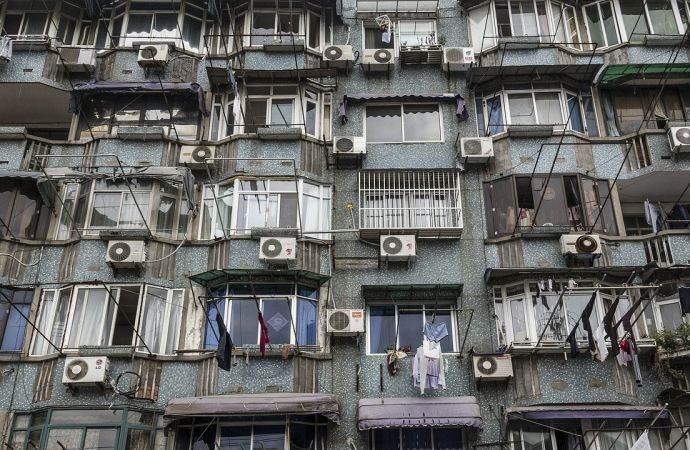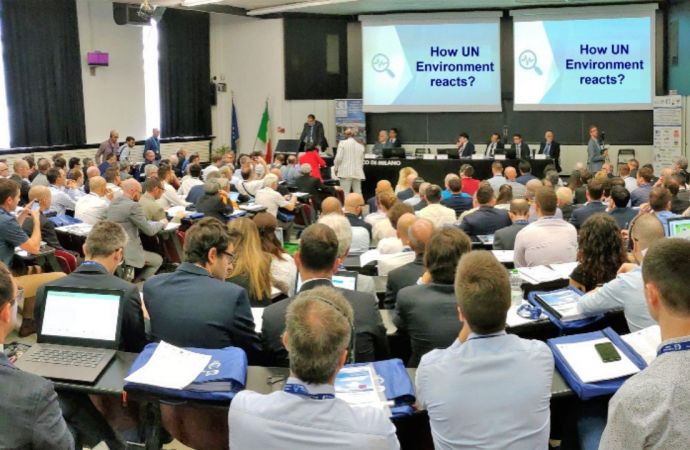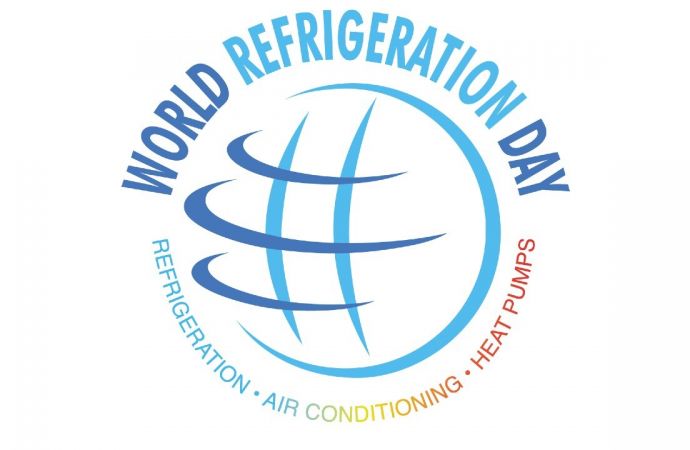Due to the pandemic, the eight finalists will have three additional months to develop prototypes of advanced home AC equipment.

Image by Sławomir Kowalewski from Pixabay
Due to the COVID-19 pandemic, the Global Cooling Prize, an international innovation competition to develop super-efficient, climate-friendly and affordable residential cooling solutions for homes, announced that it has moved forward the timeline for the eight prize finalists, and will name the winner of the US$1 million prize at a ceremony in March 2021.
The original date for naming the winner was November 2020.
“Over this last week, it has become increasingly clear that it is both appropriate and necessary to further extend the prize timeline,” said the prize organizers, a global coalition led by the Government of India and Rocky Mountain Institute (RMI), in their March newsletter.
Last November, prize organizers named eight finalists whose technologies “reduce or eliminate refrigerants linked to climate change, advances that will be vital as the number of room air conditioners nearly quadruples by 2050.” The finalists have been awarded US$200,000 each to develop and ship their prototypes to India for testing.
The Supervisory Board and Operating Council of the Prize decided to extend the deadline for finalists to deliver working prototypes to August 22, 2020 — a three-month extension from the previous deadline of May 22, 2020. This new date will allow testing to be undertaken from September 2020 to January 2021, with final adjudication and award events happening in February and March 2021,respectively.
In establishing the new dates, the prize organizers noted in the newsletter that “this may not be the last extension necessary should global disruption from the COVID-19 pandemic continue into the northern hemisphere summer months.” They will continue to monitor the situation but “our expectation and hope is that this will be the final amendment to the prize timeline.”
Two of the finalists (Godrej-Boyce and S&S Design Startup Solution Pvt. Ltd.) are incorporating propane (R290) in their systems, while another, Transeara, is using R32 but is “likely to transition to R290 for the prototype build,” said Iain Campbell, senior fellow at the Rocky Mountain Institute. Two others (Kraton Corporation and M2 Thermal Solutions) are employing water in their technologies. Barocal Ltd’s system utilizes an organic solid-state material (neopentylglycol), noted Campbell. The other two finalists, Gree and Daikin, have selected HFC R152a and HFO R1234ze, respectively, for their systems.
The Global Cooling Prize was launched in November 2018 “with the aim of spurring the development of a radically more efficient, climate-friendly residential cooling solution,” with potential for five-times less climate impact, said the organizers. Prize organizers include the Department of Science and Technology, Government of India; RMI, a U.S-based global research institute; and Mission Innovation, a global initiative of 24 countries and the European Union to accelerate global clean energy innovation. The initiative is also supported by Conservation X Labs, Alliance for an Energy Efficient Economy (AEEE), and CEPT University, and a coalition of over 20 leading non-profit organizations such as Virgin Unite, WWF, SE4ALL, UN Environment, and the World Economic Forum.
Over this last week, it has become increasingly clear that it is both appropriate and necessary to further extend the prize timeline."
– Global Cooling Prize finalists
Related stories



